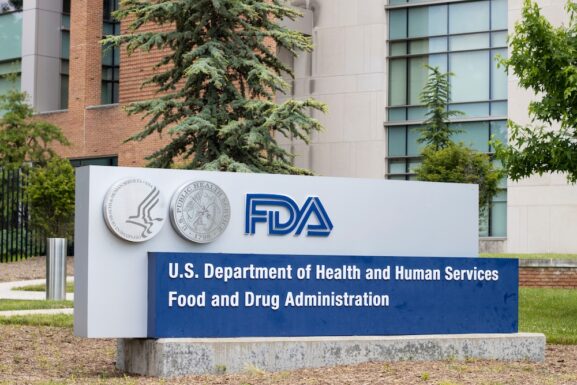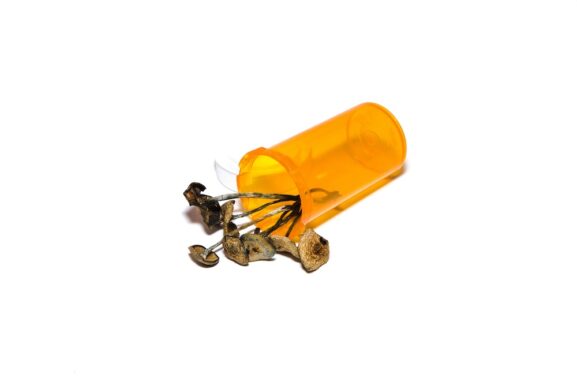These are the Most Common Side Effects of MDMA Therapy as FDA Approval Looms
MDMA-assisted psychotherapy has emerged as a promising treatment for various mental health disorders. With the increasing prevalence of conditions such as PTSD, autism, and alcohol use disorder, exploring innovative therapeutic approaches is crucial. This article delves into the efficacy and side effects of MDMA-assisted psychotherapy, providing an in-depth understanding of its potential in addressing these mental health challenges. Here are some of the most common side effects from MDMA-assisted psychotherapy.
Interested in MDMA Treatment? The FDA is close to approving MDMA Therapy. Get on the waiting list now!
These are the Most Common Side Effects of MDMA-Assisted Psychotherapy
1. Jaw Clenching
Jaw clenching is one of the most frequently reported side effects of MDMA use. This transient effect typically resolves shortly after the drug’s effects wear off and can be managed with supportive care.
2. Anxiety
While MDMA is generally associated with reduced anxiety, some individuals may experience transient anxiety during sessions. This side effect is usually mild and can be mitigated through proper therapeutic support and environment.
3. Increased Heart Rate
Other common side effects include increased heart rate, sweating, and mild nausea. These effects are generally short-lived and manageable within the therapeutic setting.
For more on the story, check out Nature.com
What About the Severity and Duration of Side Effects?
The side effects of MDMA-assisted psychotherapy are typically mild to moderate in severity and transient in nature. Most adverse effects subside within a few hours, with no long-term complications reported in clinical trials.
How Does It Compare with Side Effects of Traditional Treatments?
Compared to traditional pharmacotherapies for PTSD and other disorders, the side effects of MDMA-assisted psychotherapy are generally less severe and more manageable. This favorable side effect profile contributes to the growing interest in MDMA as a viable treatment option.
RELATED: The VA Expects MDMA Demand to Go Through the Roof After FDA Approval
When Will MDMA-Assisted Psychotherapy Become Available?
Australia’s Recognition of MDMA-Assisted Psychotherapy
Australia has taken a progressive stance by recognizing MDMA-assisted psychotherapy as a treatment for PTSD. This regulatory approval marks a significant milestone and paves the way for broader acceptance and implementation of MDMA-assisted therapies.
International Regulatory Landscape
The international regulatory landscape for MDMA-assisted psychotherapy is evolving, with several countries conducting clinical trials and considering approval. The growing body of evidence supporting MDMA’s efficacy is driving regulatory changes and expanding access to this innovative treatment.
Ethical Considerations and Guidelines for Practitioners
Ethical considerations are paramount in the administration of MDMA-assisted psychotherapy. Practitioners must adhere to stringent guidelines to ensure patient safety, informed consent, and the ethical use of MDMA. Ongoing training and certification programs are essential to maintain high standards of care.
FDA’s Priority Review for MDMA-Assisted Psychotherapy for PTSD in 2024
The U.S. Food and Drug Administration (FDA) has granted priority review status to MDMA-assisted psychotherapy for PTSD, signaling the potential for approval as early as 2024. This designation underscores the urgent need for effective PTSD treatments and the promising results observed in clinical trials.
Case Studies and Patient Testimonials
Numerous case studies and patient testimonials further illustrate the transformative impact of MDMA-assisted psychotherapy. Individuals who have undergone the treatment report profound emotional breakthroughs, enhanced self-awareness, and significant reductions in PTSD symptoms, offering hope to those struggling with this debilitating condition.



